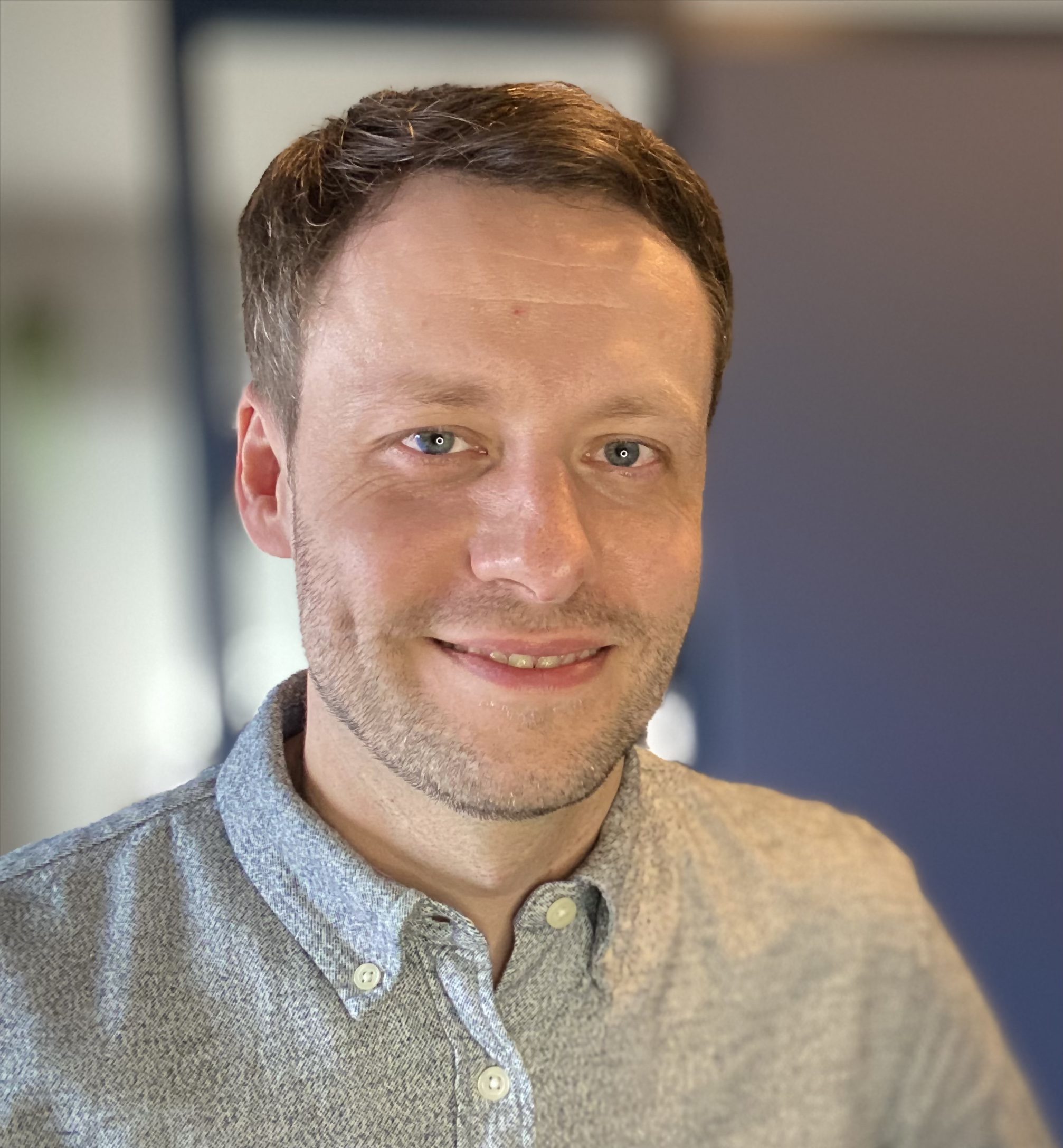
John Grindrod
Psychotherapist
Canadian Certified Counselor
John is a Canadian Certified Counselor and likes working with folks wherever they’re at. He offers a chance to create a therapeutic conversation together with the hope that these conversations can make a difference in ways that fit a person’s life and the lives of the people most important to them.
John believes that the person is not the problem—the problem is the problem. This way of approaching conversations can help open up ways to get some distance from the problems in our lives and make room for us to change our relationships with these problems. It can also open space to connect more closely with what matters to us, like our skills, abilities, commitments, hopes, and dreams. In each conversation, John hopes all people involved (him included) can be taken in unexpected and preferred directions. John draws from several different therapies, with a preference for questions and ideas that center people as the experts in their own lives.
These most often include:
Narrative Therapy: An approach for exploring questions that might bring about the stories we prefer, as stories can powerfully shape who we are, where we have been, and where we are going.
Solution-Focused Therapy: Another approach for exploring questions—this time, jumping quickly to the solutions in our lives to find what works for each person, family, or group.
Acceptance and Commitment Therapy: a “3 rd generation CBT,” which focuses on responding differently to the things going on inside of us (thoughts, urges, sensations, etc.). The hope is that we might become more flexible in our lives and live more closely with what matters most.
John had been away from the counseling world for a few years caring for his young children, and now that they’re older, John has returned to the magic and inspiration of therapeutic conversations. When not working, he enjoys hanging out with his family and exploring the stories he finds in books and audiobooks, tv and movies, and in conversations with family and friends. Before moving to Japan and working as an English teacher for 8 years, John had worked in several non-profit organizations focused on education and activism. He did some crisis intervention, and a lot of public education workshops (primarily discussing sexual violence, family and relationship violence, and bullying). As an undergraduate student, John studied gender and politics.
Key Concepts: relationships to problems, preferred relationships, community work, exoticizing everyday life, counterstories, identity, LGBTQ+ affirmative, commitments, values, wishes, dreams, skills, abilities, work-life, social relationships, narrative therapy, solution-focused therapy, acceptance and commitment therapy, mindfulness
